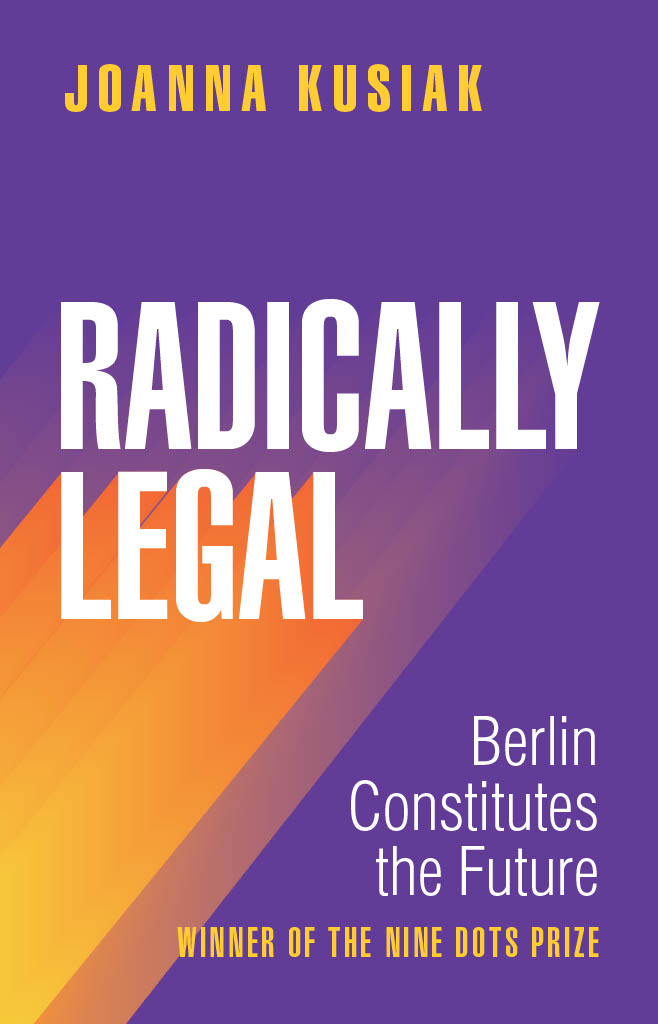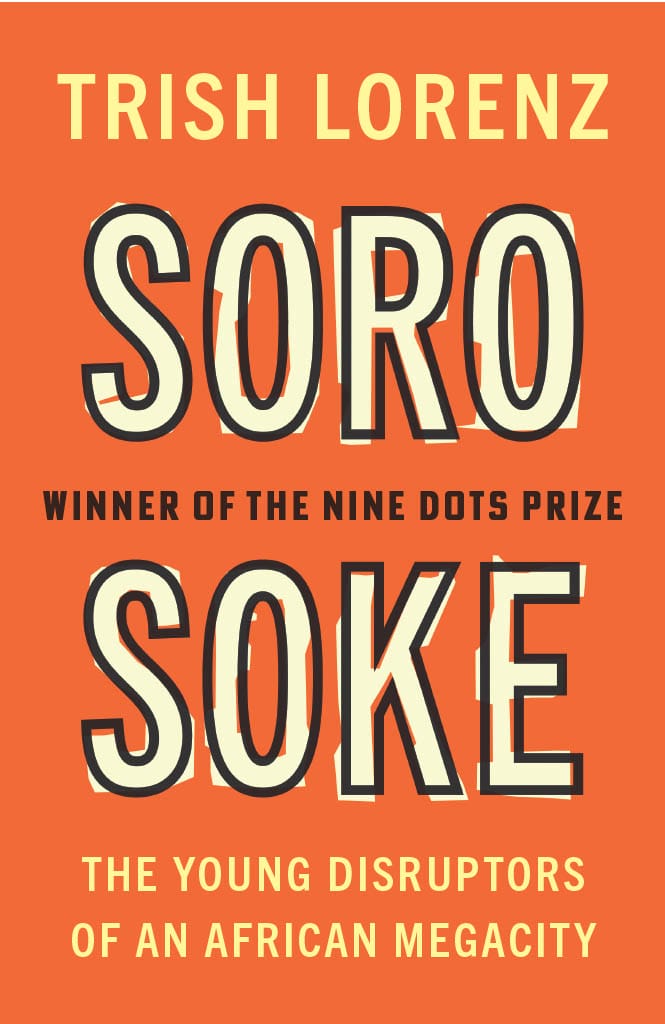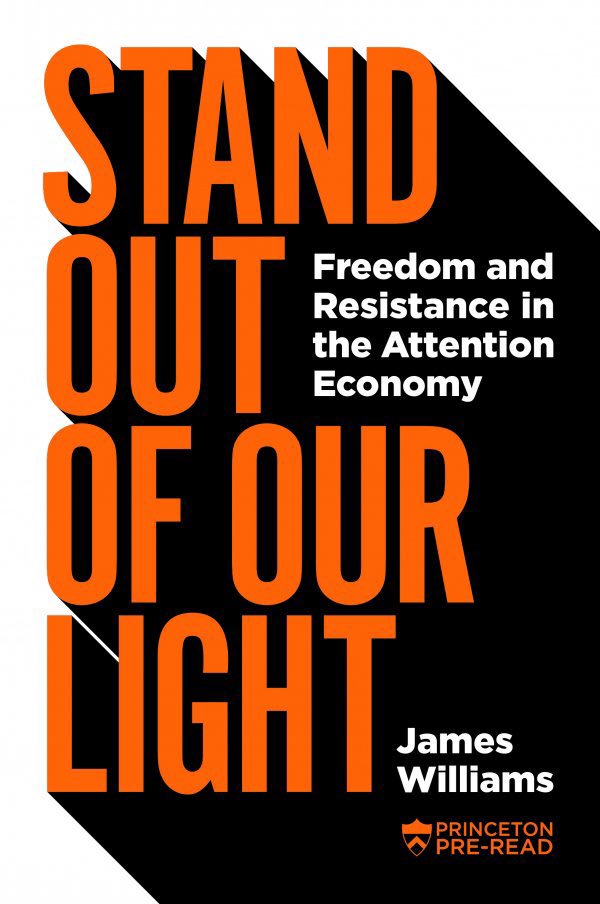Extracts from Joanna Kusiak’s winning entry
31 May, 2023
Joanna Kusiak won the fourth Nine Dots Prize with her entry to the question: ‘Why has the rule of law become so fragile?’ Here are three extracts from her 3,000 word entry:
I
In the morning of the day Gabor Steingart, one of Germany’s top economics journalists, interviews me for his news podcast, I am the first patient at my doctor’s surgery.
“What’s the strongest cough suppressant available in Germany? Could I get that? In big quantities, please.”
The previous day, September 26, 2021, 59.6% of Berliners voted to expropriate more than 250,000 apartments owned by corporate landlords. In a nutshell, one million people decided to take 36 billion euros’ worth of housing away from big finance. They did so because stock-listed landlords, responsible to shareholders and not tenants, had been getting their legal departments to exploit every available loophole in tenant protection laws. As a result, over the past decade, rents in Berlin have more than doubled.
Berliners do not find it fair. They want to turn corporate-owned housing into public property. The referendum was organised by a grassroots campaign, Deutsche Wohnen & Co. enteignen (DWE). I am one of DWE’s spokeswomen. I have been sick for two weeks, and I have been ignoring my sickness. I went to bed at 3am. I cannot speak. I must speak.
The doctor shakes my hand as he hands me the prescription. “I voted yes.” He smiles. “Can’t you take sick leave, the day after the revolution?”
No one has stormed the Reichstag. DWE’s project is broadly consensual — the million Yes! votes came from across the political spectrum — and it is radically legal. Etymologically, ‘radical’ means ‘proceeding from roots’, and DWE challenges global financial capital by returning to the roots of Germany’s legal system: the Constitution, das Grundgesetz.
Here, among the fundamental rights (Grundrechte), lies a secret weapon: Article 15. This forgotten clause allows land, natural resources and means of production to be made public property for the purpose of ‘socialisation’ (Vergesellschaftung). Socialisation prioritises common good by withdrawing an entire sector, or a significant portion of it, from the market. It derives from the constitutional principle of ‘economic neutrality’: the rule of law must protect fundamental rights over the demands of any economic system, including capitalism.
Suddenly, to some people the Constitution appears more dangerous than storming the Reichstag.
This book postulates radically legal politics as a path to deepen our democracies and renew the rule of law. Grounded in action research — a methodology that seeks progressive transformation by analysing a system while also intervening in it — it integrates my decade-long experience as a scholar-activist in Warsaw and Berlin with my theoretical work in philosophy and legal sociology. Prototyping radically legal politics not just as a defensive tactic but also as a long-term strategy
II
Nothing can guarantee that the rule of law will provide justice. Justice is ‘the legal system’s memento mori, a reminder of its own limitations’. And because society is a dynamic process, there will never be an ultimate definition of justice. Yet if a political community doesn’t feel that the legal system works towards justice, the rule of law loses legitimacy.
I’m not even forty, but within my lifetime Poland has already run through the whole cycle of the birth and demise of the democratic rule of law. When Poland’s ‘Law and Justice’ government first started dismantling the Constitutional Tribunal in 2015, I was not surprised. I was working with activists at the time, and writing up my analysis of what became known as ‘Reprivatisationgate’, Poland’s most spectacular case of legal corruption. It concerned the restitution of property.
Formally speaking, property restitution was never legislated by the Polish parliament. The complicated history of the destruction and rebuilding of Warsaw had resulted in too many social, moral and budgetary controversies. Amid intense political conflict — more than twenty restitution bills were rejected by parliament, one after the other — the judiciary bypassed the democratic process and engineered a discreet path for restitution. Then, under the pretext of ‘historical justice’, a small clique of businessmen (many of whom were lawyers) started buying up apparently ‘worthless’ property claims and taking over Warsaw’s prime real estate. The result was thousands of evicted tenants, a looming budgetary crisis, and the bitterness of the actual historical heirs, who tended to be less successful in court than ‘reprivatisation professionals’.
Also: public disillusionment with the judicial system as dispenser of justice.
III
When I tell Gabor Steingart that the rule of law is undergoing a ‘midlife crisis’, it is, of course, a metaphor. And yet I find this metaphor clinically useful. Because the nature of law is similar to the way Jungian psychology describes human nature: a paradoxical whole driven by opposing tendencies. And while the rule of law is not a person, able to transform themselves out of crisis, we who can transform the rule of law are nothing less than people.
According to Jung, midlife crisis results from the excess tension that arises from repressing some of our qualities into our ‘shadow’ in order to preserve our ‘persona’, an ego-ideal we choose to display in public. Within the liberal ideal of the rule of law, the politics of law is being repressed into the shadow. If law’s political nature is denied, judges become invested in hiding their political considerations rather than openly discussing conflicted political interests. Consequently, excluded political groups come to mistrust the legal system. And once working on the system becomes the shadow of radical politics, storming the Reichstag appears to be the only solution.
The paradoxical nature of the rule of law is not a ‘problem’ to be ‘solved’. It is a tension field that needs to be managed. Jung calls the task of managing such tension ‘shadow work’, and radically legal politics is a form of ‘shadow work’. The rule of law’s paradoxical integrity is not a peaceful union of opposites — it demands ongoing, dangerous, indeed ‘monstrous’ labour at the boundary between law and politics.



